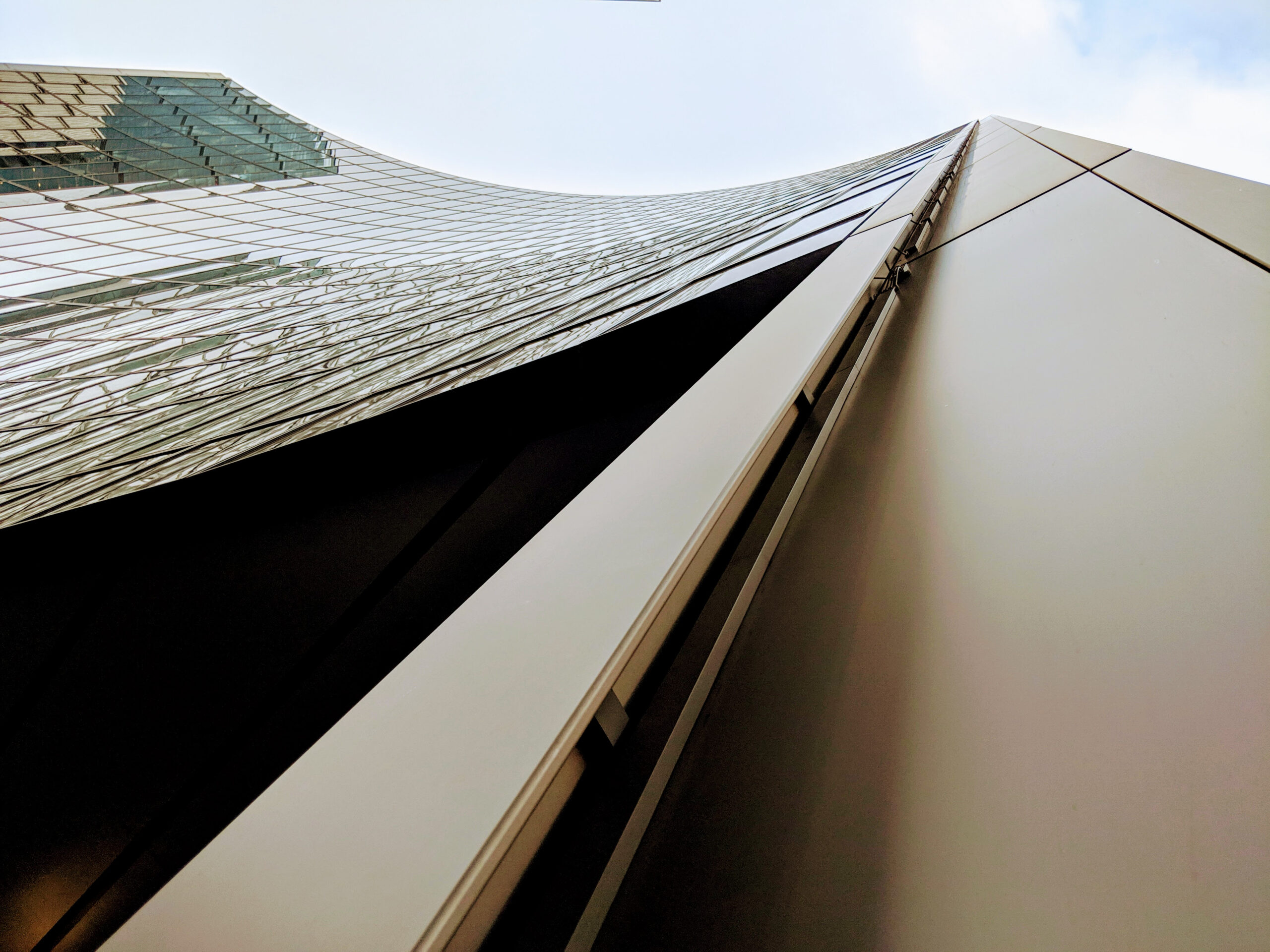We help clients navigate some of the largest and most complex disputes in the world.
Three Crowns was founded in the belief that international disputes require expert advice and advocacy. It is this ethos that underpins our offering. Our clients benefit from our experience as advisers and advocates who have spent our careers arguing before international tribunals in commercial and investment arbitrations. Our expertise spans key industry sectors and all the major arbitral rules.
Three Crowns lawyers also sit as arbitrators, deepening their insight into the decision-maker’s perspective, tribunal dynamics, arbitral procedure and effective legal argument.

Commercial Arbitration
We have a deep-rooted understanding of commercial arbitration in all key seats and under all major rules.

Investor-State Arbitration
We represent investors and States in arbitrations under treaties, free trade agreements and investment agreements.

Public International Law
We have a track record of success in public international law disputes.

Arbitration-related Litigation
We advise on arbitration-related proceedings before courts across the world.

